Diabetes is a condition which can have harmful effects on your heart, eyes, and other organs. The risk of stroke and infections is increased, and you may experience low energy and high blood pressure. That’s the bad news. The good news is that managing your diet can go a long way toward relieving the troubling symptoms of diabetes. If you are overweight and are able to shed as little 10-15 pounds, it can improve insulin sensitivity and glycemic control, lower blood pressure, and even reduce LDL cholesterol and triglycerides.
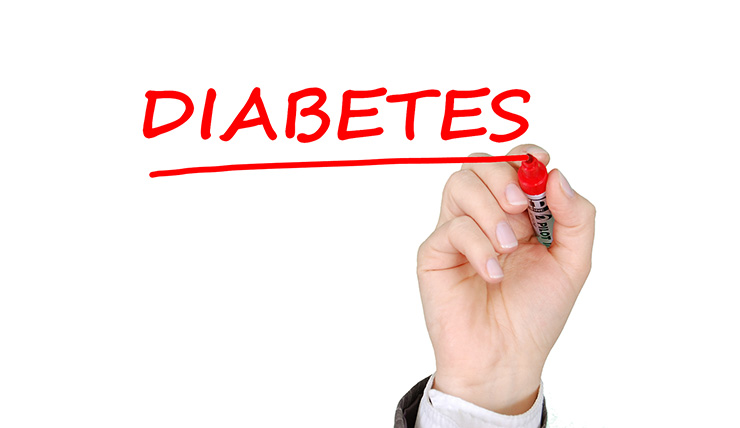
Sponsored Links
The best diet to follow with diabetes is that which avoids dangerous spikes in blood sugar and allows you to maintain an optimum weight for your frame. Following is a list of foods to especially avoid if you have Type 2 diabetes, as well as some healthier substitutes.
Sugary Foods
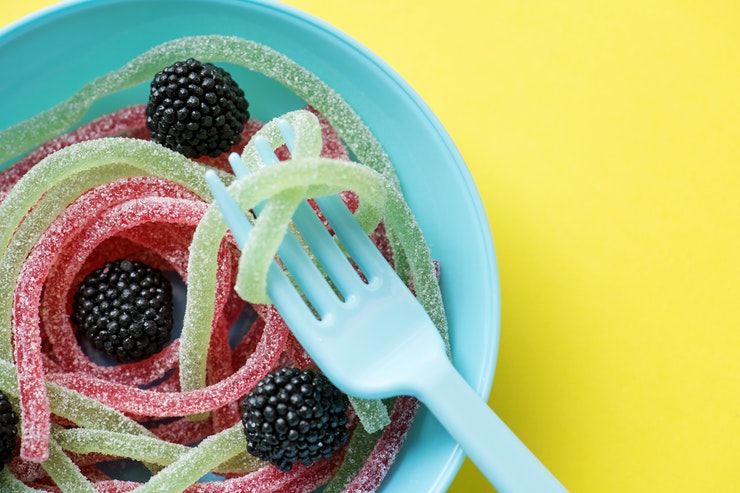
You likely already know that diabetes means you need to be very careful about eating sugar so your blood glucose doesn’t spike to dangerous levels. Foods with a ton of added sugar but no nutritional value are the worst things you can eat. Candy, soda, and baked desserts also add to weight gain, which further exacerbates the problem. However, you don’t need to avoid sugar all together. The key is to satisfy the craving with fruit instead. It contains fiber along with natural sugar, which slows down the absorption of glucose. If you eat fruit with something high protein, you’ll achieve even better stabilization of blood sugar.
Fruit Juice
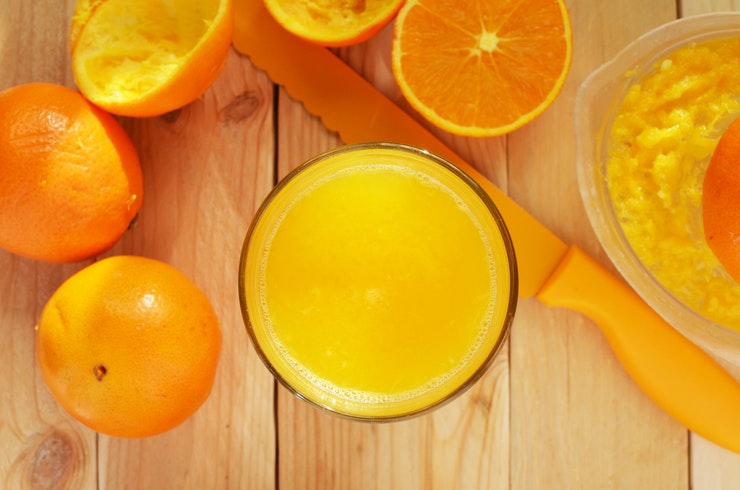
We just got done telling you that fruit is a smart choice for diabetics with a sweet tooth, but fruit juice contains concentrated levels of fruit sugar and none of the fiber. Even though it does have some nutrients and is way better than soda, fruit juice will still send your blood sugar through the roof. It also doesn’t make you feel full like whole fruit can and may contribute to overeating. A nice alternative is sparkling water with just a splash of lemon or lime juice added.
White Rice, Bread, and Flour
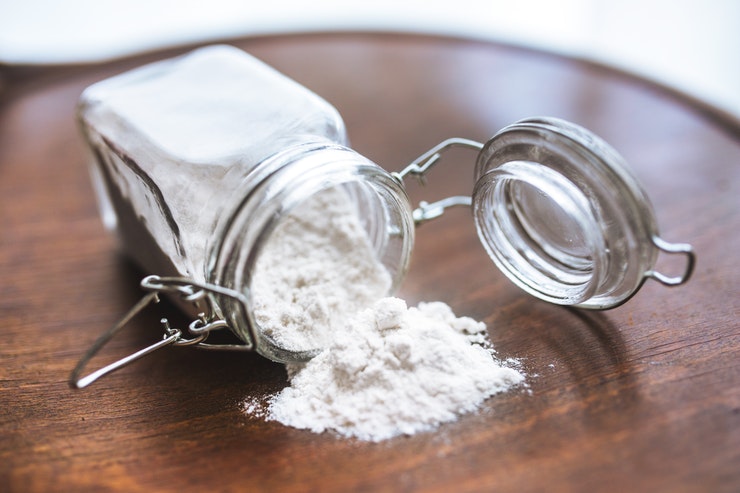
Refined starches are not healthy for anyone, especially folks with diabetes. The processing, or refining, strips whole grains of their fiber, vitamins, and minerals to make them essentially nutritionally void. These bad carbs break down into sugar in your digestive system, and will spike glucose levels. Avoid foods like white rice, white bread, and most pasta. Whole grains, on the other hand, are carbs that break down gradually. Foods like brown or wild rice, high fiber (low sugar) cereals, and whole grain breads are better choices.
Sponsored Links
Full-Fat Dairy Products
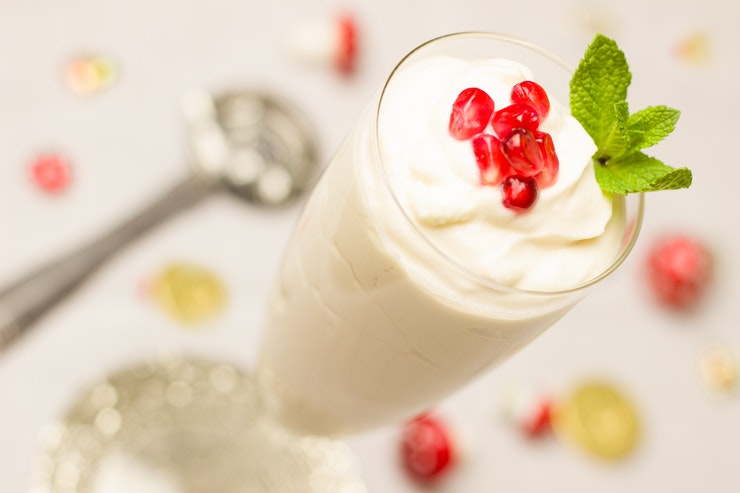
Saturated fats are dangerous because they raise LDL cholesterol and increase the risk of heart disease, both of greater concern to people with diabetes. Even worse, studies have shown that diets high in saturated fats can worsen insulin resistance. Full-fat dairy products that are made with whole milk can contain a lot of saturated fat that you’d be better off avoiding. Skip the cream, full-fat yogurt, cream cheese, butter, and ice cream in favor of dairy-free or reduced fat versions. Coconut milk is also a tasty substitute that can give you that satisfying mouth-feel without a ton of fat.
Fried Foods
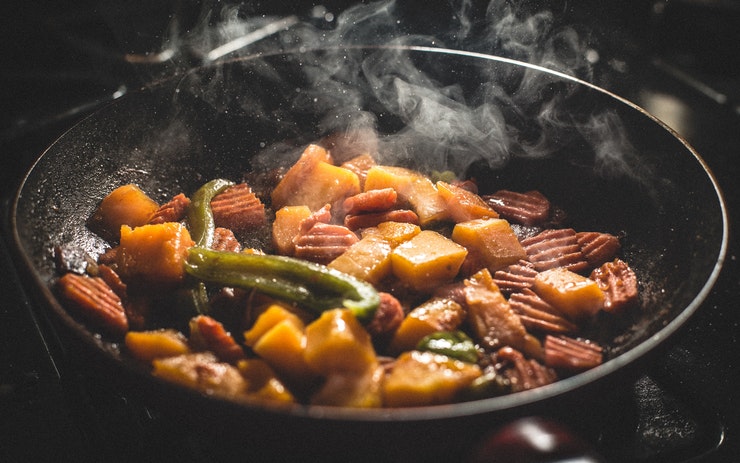
They are tasty for sure, but fried foods are loaded with fat and calories. Eating too much adds pounds quickly and can cause your blood sugar to run amok. Different fried foods affect blood sugar levels differently – for example, French fries spike blood sugar faster than fried chicken, because chicken contains protein and potatoes are pure carbohydrates. But the fat content in fried foods slows down absorption, leading to a spike later that is hard to predict and can take you by surprise at the worst time. These foods are also often fried in hydrogenated oils and are full of dangerous trans fats, which raises bad cholesterol, lowers good cholesterol, and bumps your risk of heart disease. There is no safe level of trans fats for anyone, but especially for people with diabetes.
Alcohol

You may not need to completely abstain from alcohol, but you must drink it in moderation according to your doctor’s recommendation. Varying levels of alcohol can make your blood glucose levels rise or fall, and some diabetes pills (such as sulfonylureas and meglitinides) stimulate the pancreas to produce more insulin in order to lower blood glucose levels. The combination of medicine and alcohol has the potential to cause a medical emergency in the form of hypoglycemia or “insulin shock.” We also recommend that you never drink alcohol on an empty stomach and always check your blood sugar before imbibing.
Fatty Cuts of Meat
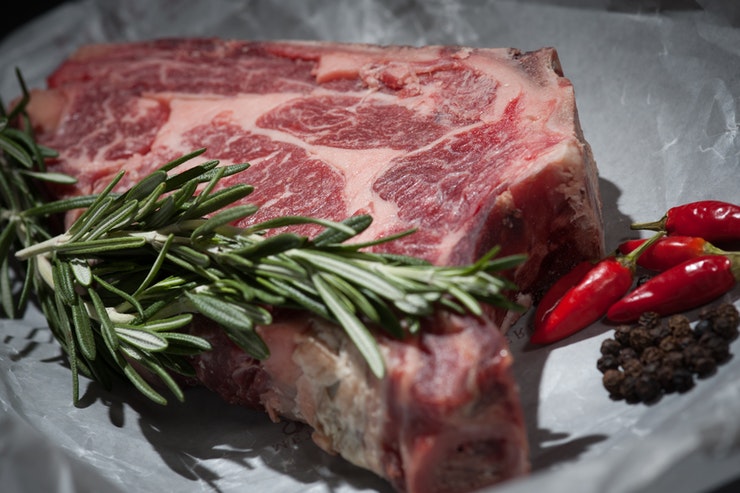
Much like dairy products, some cuts of meat are just too high in saturated fats. Not only do saturated fats raise bad cholesterol levels, they also increase inflammation in the body and put people with an already higher risk of heart disease in a risky place. Researchers further suspect that other components in red and processed meat increase diabetes risk, including sodium, which can raise blood pressure and cause insulin resistance. Nitrates in processed meats like bacon and hot dogs also may increase insulin resistance and negatively impact the pancreas. Stay away from the fattiest steaks including T-bone, filet mignon, and porterhouse in favor of leaner cuts like top round, eye of round, and top sirloin. Even better choices are skinless chicken and turkey, fish, and pork tenderloin.
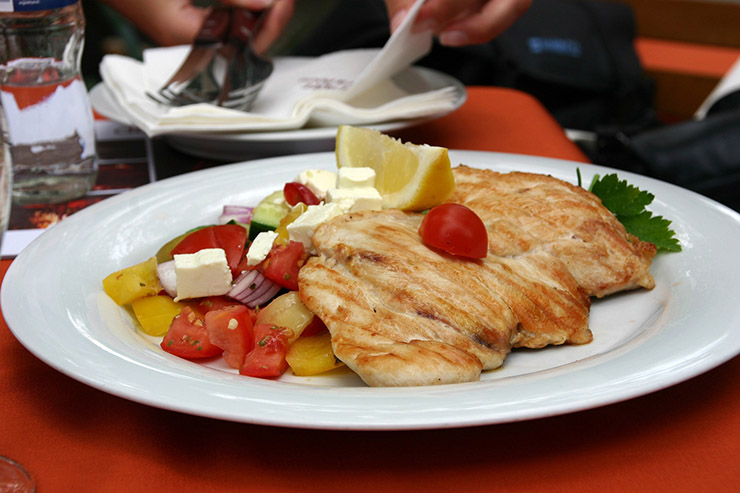
Sponsored Links
Moderation is key to maintaining a healthy diabetes-friendly diet. You don’t necessarily have to give up everything you love, but you will have to say no to some cravings for fried and sugary treats, and we’re not denying that those cravings can be powerful. But there are also ways to make healthier choices that are still satisfying, such as baked chicken breast topped with avocado and low-fat cheese, or a little bit of vegan ice cream made with coconut milk. Your doctor knows best what kind of diet will meet your needs, so be sure to heed his or her advice. It is likely that making these dietary changes, prudent for anyone regardless of health status, will leave you feeling better than you ever did before your diabetes diagnosis!
